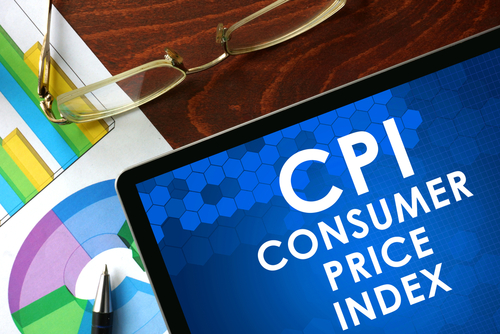Consumer prices rose 0.5 percent in July on a seasonally adjusted basis, according to the Bureau of Labor Statistics (BLS).

BLS reported that the overall consumer price index (CPI) grew 5.3 percent over the 12-month period. But Curt Long, chief economist and vice president of research at the National Association of Federally-Insured Credit Union’s (NAFCU), said the July numbers are encouraging.
“Last month’s deceleration in price growth is a welcome sight and supports the view that the recent spike will prove transitory,” Long said in NAFCU’s latest Macro Data Flash report. “Among the other categories most affected by the reopening, airfare also dropped dramatically, although hotel prices continued to advance at a rapid pace. The other category garnering attention is housing prices, which grew by the same 0.3 percent pace in July as in May and June. That number is elevated compared to its pre-COVID level.”
Energy prices rose 1.6 percent in July, following a 1.5 percent rise in June. Over the past year, energy prices were up 23.6 percent through July. Additionally, food prices rose 0.7 percent in July and were up 3.4 percent compared to this time last year. Core prices — excluding food and energy costs — rose 0.3 percent compared to June and are up 4.2 percent over the last 12 months.
“Due to the outsize share of the consumption basket, housing costs could prove to be a more durable driver of inflation going forward,” Long concluded. “Nevertheless, the spike in prices over the past several months are likely a thing of the past. And while inflation will remain above the Fed’s 2 percent long-term target, it is unlikely to reach levels that would prompt a rate hike until 2023.”